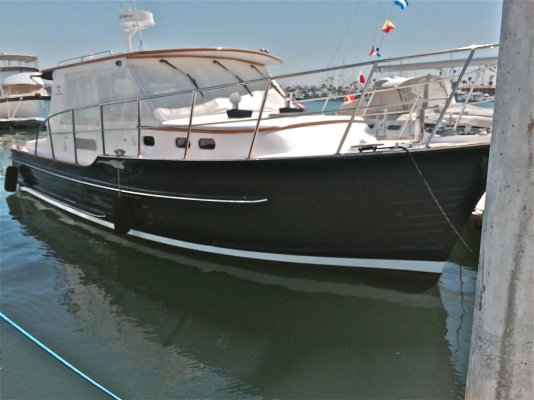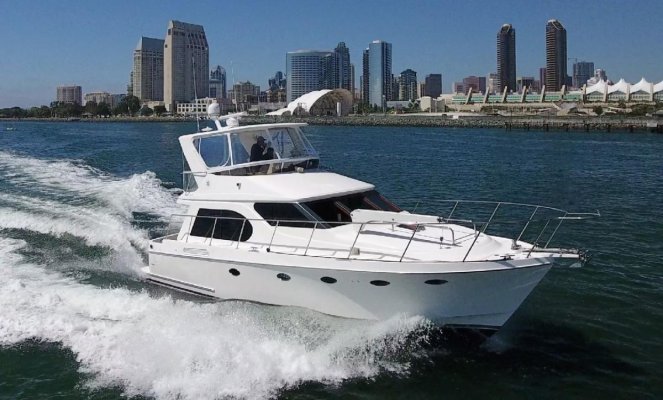You make a good point Art but you are applying the rule of thumb incorrectly. The rule does not apply to antiquarian valuations.
The rule applies to price valuations derived from the functional value of the article (boat). It does not apply to valuations derived from a sentimental value. There are no rule of thumb about the sentimental valuations of boats that I am aware of.
Have you seen a steam pleasure yacht circa 1910 lately? Should it be more or less expensive than one circa 1870? Is a roman war ship more expensive than a spanish carabelle circa the american discovery? How will time affect the valuation of an antique boat? Which museums will create a market for it?
Sentiment about the value of things change unexpectedly and unpredictably.
There is an old concept used by jewelers: the time of sentimental value of pearls should run opposite to that of diamonds. Jewelers then can always purchase back at low prices diamonds in the era of pearls and pearls in the era of diamonds . Then
when they have most of them they change era and sell them at the high price. Of course, there is a functional value of wearing expensive jewelry, thst is, vanity.
Is there any vanity in running an old boat with obsolete technology? Not to my taste. But as the saying goes: Your Methods May Vary (YMMV).
Rodolfo
You mention at beginning of your post: "The rule does not apply to
antiquarian valuations." I agree with that statement; regarding truly
antique boat years to which you refer in your post above... "Have you seen a steam pleasure yacht circa 1910 lately? Should it be more or less expensive than one circa 1870? Is a roman war ship more expensive than a spanish carabelle circa the American discovery? How will time affect the valuation of an antique boat? Which museums will create a market for it?"
However, it can hardly be said that boats 24 yrs or somewhat older [1997 and somewhat before] are "
antiques". They might be called "vintage"; but, they are certainly not an antique! And, IMO... once the every 8 year 50% devaluation [i.e. the $$ value reduction... from a new-boat's sticker price - you use as a calculation] reaches its 3X [24 year duration] leapfrog deprecation - a good-boat's value then levels off. It could be said that 24 year old [and somewhat older boats] have reached full deprecation - from their "new" valuation.
Proof of the matter; I purchased, owned/used for spans of time and then sold:
1. 31' 1973 Uniflite twin screw, sedan, sport fisher - sold 2X my purchase
2. 19' 1982 Malibu ski boat inboard - sold well over my purchase
3. 18' 1988 Blue Water I/O cuddy cabin ski/fisher boat - sold way over my purchase
Currently own:
A. 34' 1977 Tollycraft twin screw tri cabin [bought 2008] believe can match or beat initial purchase price when she's sold
B. 15' 1975 Crestliner. 4 seater runabout [bought 2009] believe will sell for well over purchase price
Outcome: From my experience.. vintage boats built by reputable manufacturers [that are well taken care of] do not depreciate anything like relatively new boats [24 yrs old or younger] do depreciate.
I am a born "horse trader"... sooo... YRMV!!








